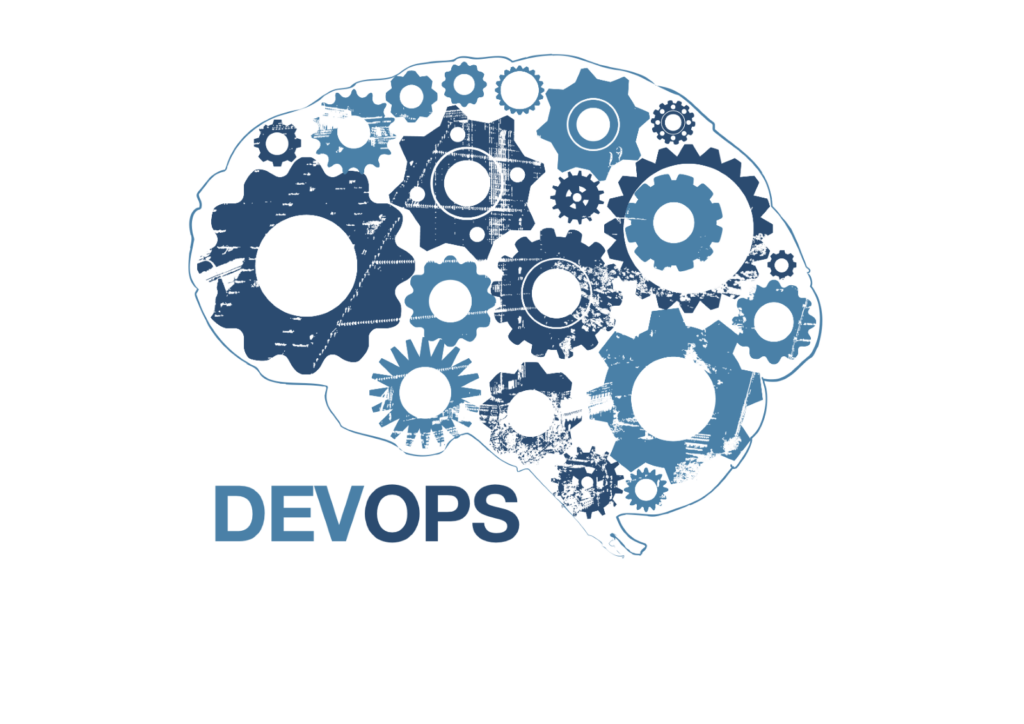In today’s fast-paced digital landscape, Managed Service Providers (MSPs) embrace DevOps practices to streamline software development and delivery processes. However, in a recent Forrester report, the scale and complexity of MSP operations increase, as do the challenges associated with implementing and maintaining successful DevOps frameworks. In this blog, we will explore common DevOps issues faced by big MSPs and discuss strategies to overcome these challenges, ensuring smoother operations and improved outcomes in the future.
Identifying Common DevOps Challenges in Big MSPs
Siloed Teams and Lack of Collaboration: In large MSPs, different teams often work in silos, hindering effective communication and collaboration between development, operations, and security teams. This can result in slower feedback loops, knowledge gaps, and reduced efficiency.
Toolchain Complexity and Integration Issues: Big MSPs often use a plethora of tools, making it challenging to integrate and manage them seamlessly. Incompatible or fragmented toolchains can impede automation, hinder visibility, and cause process inefficiencies.
Limited Standardization and Documentation: Insufficient standardization and lack of comprehensive documentation can lead to inconsistent practices across teams, making it challenging to scale DevOps processes effectively. Inadequate documentation can also hinder knowledge transfer and troubleshooting efforts.
Inadequate Testing and Quality Assurance: Rapid development cycles in DevOps environments can sometimes overlook rigorous testing and quality assurance practices. This may result in more bugs, poor code quality, and increased risks of production failures.

Strategies to Avoid DevOps Issues in Big MSPs
To address DevOps challenges in big MSPs, the following strategies should be considered:
Foster Collaboration and Communication: Encourage cross-functional collaboration and frequent communication between development, operations, and security teams. Implement shared goals, promote transparency, and foster a culture of continuous feedback and learning.
Standardize and Automate: Establish standardized processes, best practices, and guidelines for software development, testing, deployment, and operations. Automate repetitive tasks, including build, test, and deployment processes, to improve efficiency and reduce human error.
Implement Integrated Toolchains: Evaluate and consolidate the DevOps toolchain, ensuring seamless integration between various tools. Choose tools that work together effectively, simplifying workflows and providing end-to-end visibility. Regularly review and update the toolchain to accommodate evolving requirements.
Focus on Continuous Testing and Quality Assurance: Embrace a comprehensive testing strategy that includes unit testing, integration testing, performance testing, and security testing. Implement automated testing frameworks and quality gates to ensure code quality and minimize the risk of production issues.
Prioritize Monitoring and Feedback Loops: Implement robust monitoring and observability solutions to gain immediate insights into application performance, infrastructure, and user experience. Use monitoring data to identify bottlenecks, proactively address issues, and facilitate continuous improvement.
Emphasize Documentation and Knowledge Sharing: Encourage teams to document processes, configurations, and troubleshooting guidelines. Foster a knowledge-sharing culture through internal wikis, regular training, and cross-team workshops. Establish a centralized knowledge repository to facilitate easy access to information.
Continuous Learning and Professional Development: Invest in teams’ professional growth and development. Encourage learning new technologies, participating in industry conferences, and obtaining relevant certifications. Stay updated with emerging DevOps trends and practices to ensure continuous improvement.
Wrapping Up
As businesses on the US East Coast continue to embrace the advantages of the cloud, GCP has emerged as a leading choice. The scalability, reliability, and security offered by GCP make it an attractive option for organizations of all sizes. However, deploying and managing GCP infrastructure can be complex, requiring specialized knowledge and expertise. This is where Auxin’s extensive experience and deep understanding of GCP come into play.
Auxin has established itself as a prominent player in the GCP consulting space, offering comprehensive services tailored to MSPs on the US East Coast. Their team of highly skilled professionals possesses in-depth knowledge of GCP architecture, infrastructure, and best practices. By leveraging this expertise, Auxin ensures seamless deployments, efficient resource utilization, and cost optimization for MSPs in diverse industries.






